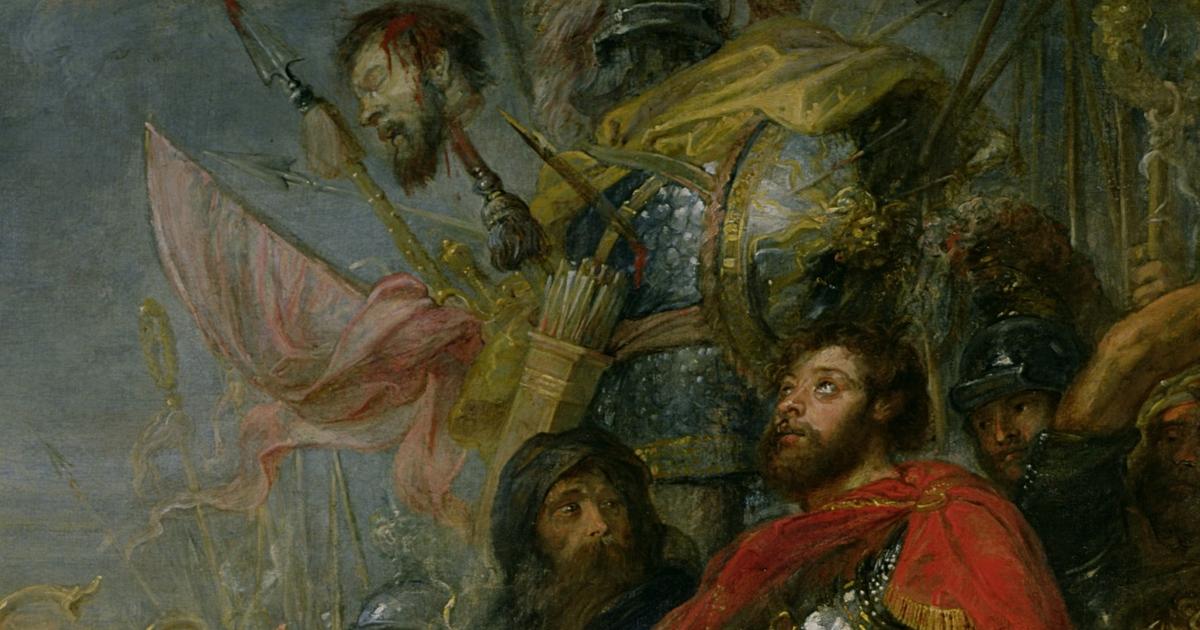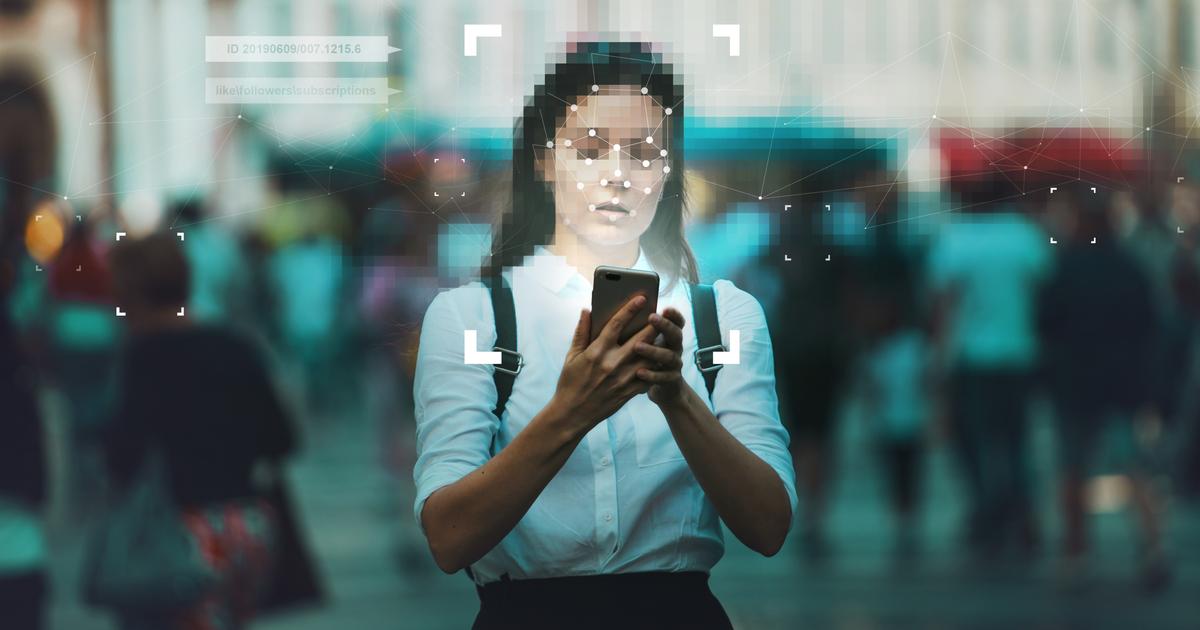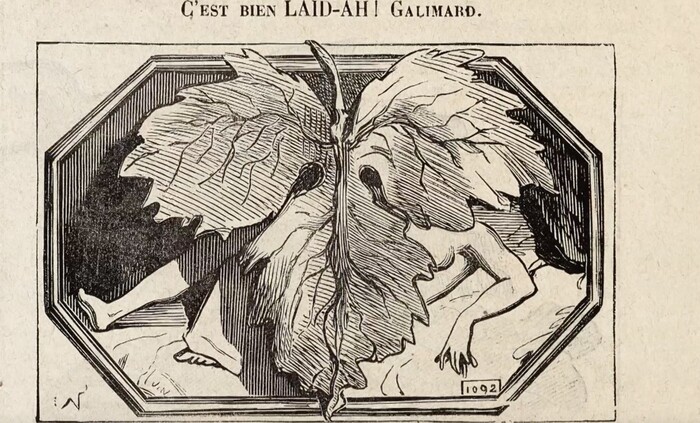The so-called 'Iceta Law', strongly contested by content creators because it opens the door to censorship through algorithms, faces the final stretch of the term for submitting amendments, which ends on February 2.
Although the regulations are already in force, having been approved by the Government by means of a royal decree, the criticisms of the majority of political parties during their validation have led to their being processed as a bill.
Consequently, parliamentarians will be able to debate and modify the text, which derives from the transposition of a European directive on copyright in the digital market.
One of the points that has raised the most blisters has been article 73 of royal decree-law 24/2021, which incorporated, together with this regulation on
copyright
, a huge amount of community legislation related to very diverse topics. But unlike the European directive, this provision added the power of online service providers, such as Instagram, Twitch or YouTube, to "disable access" to live content or to "remove it during the broadcast of the event live in question” for violating the intellectual property rights of third parties.
In practice, this power means leaving the decision in the hands of the algorithms of each company.
And this due to the material difficulty of professionals tracking the millions of retransmissions that social network users make every day.
Not surprisingly, the All Access website estimated last year that around 695,000 stories were shared on Instagram in a single minute and 500 hours of content were uploaded to YouTube.
In addition, as the regulations establish the responsibility of the platforms for "unauthorized acts" carried out by their users on the rights of third parties, "unless they demonstrate that they have made their best efforts" to avoid infractions, it is foreseeable that the computer programs block in case of doubt and in advance the contents.
As Maite Andreva, a lawyer at the Marimón Abogados law firm, explains, “the rule has generated a lot of controversy because it could be interpreted that this preventive live censorship, and in which a judge does not intervene, is contrary to freedom of expression and information” the citizens. “But, in addition, an error in this prior detection work can also lead to damages both for the users who monetize their content, such as influencers or
streamers
, and for the brands or advertisers behind them by sponsoring them. Today, it seems complicated that artificial intelligence is exempt from failures in this type of filtering”.
Not surprisingly, the 'Iceta Law', nicknamed after the surname of the current Minister of Culture and Sports, Miquel Iceta, provides that platforms that offer content protected by copyright, such as music, photographs or audiovisual elements, and that have been uploaded by their users, "carry out acts of communication to the public or made available to the public" and that, therefore, they are responsible for them.
Consequently, the legislator passes from the system established in article 16 of the Information Society Services Law, in which providers "are not responsible for the information stored until they have effective knowledge of the illegality", to another in which they are for “offering the public access to works or services protected by intellectual property rights”, explains the lawyer Efrén Díaz, head of the Technology area of the Mas y Calvet Law Firm.
remove stories
In this way, the new regulations enable Instagram, Twitch or YouTube to suppress content that may violate the rights of third parties. This would be the case, for example, of the person who uploads a story with music protected by copyright and without the authorization of its owner. However, it also establishes that the platforms must make available to their users an "agile and effective claim and recourse mechanism in the event of a dispute over the disqualification of access to works or services uploaded by them or their withdrawal".
In fact, “claims submitted by users must be processed within a period not exceeding 10 business days and decisions to block content will be subject to review by natural persons, that is, without automated intervention of robots or other similar means. . In this way, it is guaranteed that any errors that may have occurred through the technological tools, used by the platforms to be able to control the vast content they host, can be corrected through human review”, explains Belén Álvarez, lawyer at the firm Gabeiras & Associates. The rule attributes to the First Section of the Intellectual Property Commission the functions of mediation or arbitration in disputes that may arise.
In the case of
streamers
, the 'Iceta Law' allows platforms to block access to live posts during the broadcast of a live event.
In practice, this would mean, for example, that the commentator Ibai Llanos would not be able to show a soccer game on Twitch while it is being broadcast on a television network if he does not have authorization, explains Mabel Klimt, managing partner of the Elzaburu law firm.
Although the casuistry is varied, "the legislation seeks to ensure that material is not shot."
It would be a different matter if he used a screenshot to talk, for example, about a play.
In this case, the lawyer understands that in principle there would be no infringement of the legislation.
waiting for justice
The directive on
copyright
from which the 'Iceta Law' drinks was already controversial in its wording due to preventive content filtering.
In fact, Poland filed an appeal in 2019 before the Court of Justice of the European Union to annul its article 17, paragraph 4, letters b and c.
He denounced that the obligation of service providers "to make the greatest efforts to guarantee the unavailability of the works" protected "undermines the right to freedom of expression."
Although no judgment has been handed down, the attorney general upheld the rule because it guarantees a “fair balance” of rights.

/cloudfront-eu-central-1.images.arcpublishing.com/prisa/KJOR6OWNG5C4XCYX5KOKOMSGBI.jpg)







